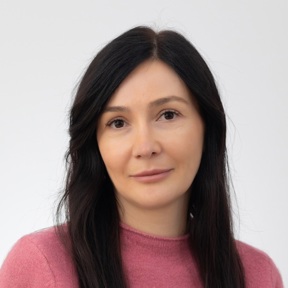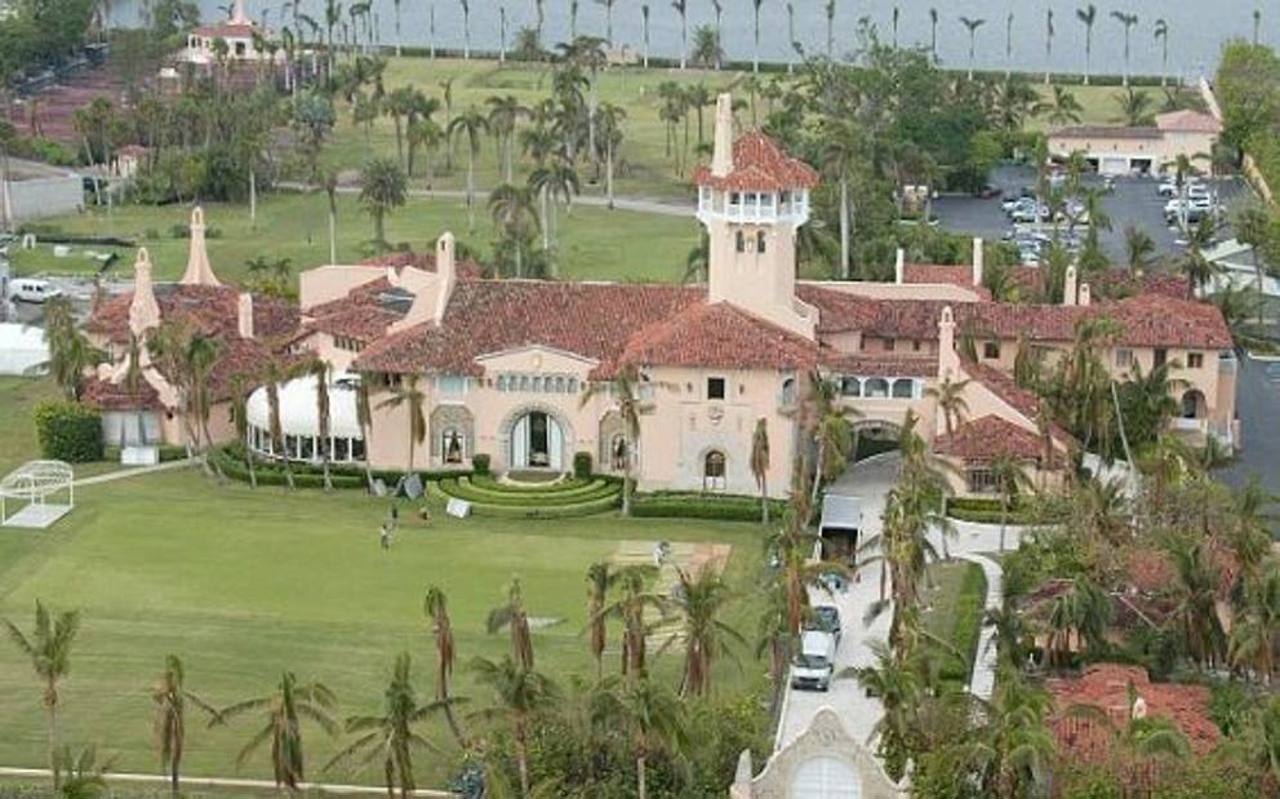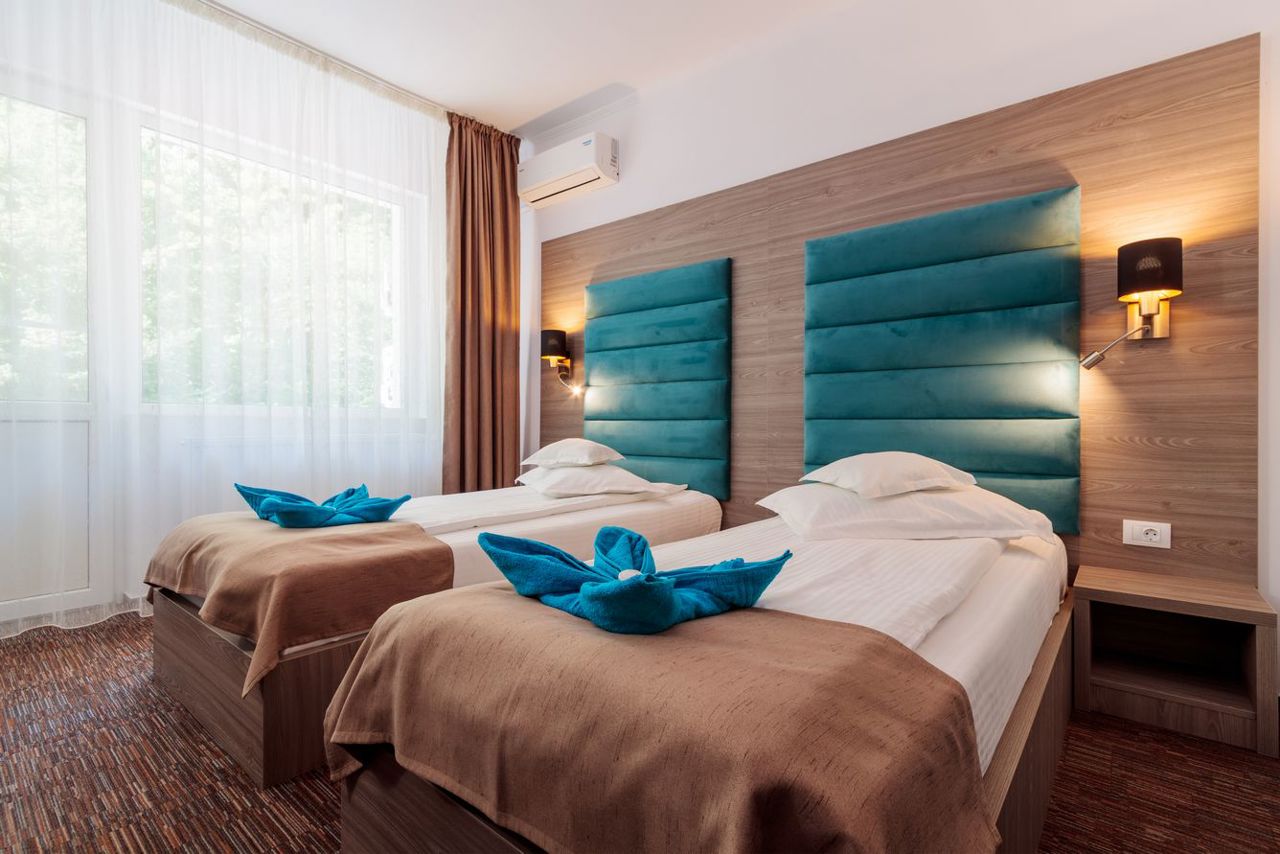Press review: The European Summit held in Chisinau has not exhausted its echoes in the press
The European Summit held in Chisinau did not exhaust its echoes in the press, which were amplified by the assessment of the meeting made by President Maia Sandu, according to the press review prepared by Alla Ceapai.

Several media outlets, including Gazeta de Chișinău, have highlighted President Maia Sandu's statement that the benefits obtained by the Republic of Moldova at the European Political Community Summit far outweigh the expenses incurred by the authorities in organizing the event. In addition to receiving confirmation of support for its European integration aspirations, the Republic of Moldova and its citizens will benefit from a number of other advantages, Sandu said, listing financial and other aid announced by participating countries for the defence and energy sectors, as well as the diplomatic dimension. Maia Sandu said that the foreign ministry was due to publish the expenditure by the end of this week.
Unimedia.info inserts former President Igor Dodon's comment on the summit. "It was like a wedding, which we organised, but we were cowards. We invested money, but there were no important statements for Moldova," Dodon said in a televised broadcast on N4. He praised the generally good organisation of the event and the fact that it was positive for Moldova's image. Dodon, however, questions whether the summit produced tangible results for Moldova.
Political analyst Igor Botan, in an interview with the IPN news agency, says that the benefits, including the increase in European financial assistance to 1.6 billion euros and the support of tens of millions of euros announced by many European leaders, far outweigh the costs of organising the Summit and fully justify them. According to the analyst, several clear messages were conveyed at the Summit, including that the Republic of Moldova can count on more support in terms of security and even defence, that there must be an interconnection between welfare, unity, the fight against aggression and respect for the rules of international law. A strong message was also sent to the Russian Federation that military aggression cannot be accepted, says Igor Botan.
National Newspaper columnist Nicolae Negru points out that the Russian media used unionist rhetoric on the European Political Community Summit, stressing that Moldova is going to Europe bypassing Romania. The intention is on the surface, Negru writes, to sow seeds of discord between Bucharest and Chisinau, to drive a wedge between unionists and the rest of the Europeanists in Moldova and to split PAS supporters into two camps, all to prevent the start of accession negotiations and keep Moldova in a "neutral" position, in the grey zone. The debate about how the Republic of Moldova gets into the EU, by reuniting with Romania, or with Romania, is unhelpful today, in the midst of Russia's war to recapture Ukraine and when the Republic of Moldova survives thanks to the courage and tenacity of Ukrainians. Only after we have definitively separated from Russia can we discuss how to join the EU, concludes Negru.
The European Policy Community Summit has brought a boost to the image of the Republic of Moldova abroad, but also to the current government, especially to President Maia Sandu, comments political analyst Ion Țăbîrță on Radio Chișinău. According to him, the event would not have taken place in the Republic of Moldova if there had not been some progress in the country's European course. However, Tăbîrță points out that we still have enough problems, that not necessarily all the political class is pro-European and that some forces want to keep Moldova in the grey zone of geopolitics.
Former Justice Minister Fadei Nagacevschi, quoted by Accent TV, advises the current government, especially President Maia Sandu, not to forget the conditions that Moldova must meet to start accession negotiations. In the official reports coming from the European Commission these conditionalities are always mentioned, Nagacevschi says, and suggests that the Republic of Moldova would have arrears. "If Maia Sandu hopes that these conditionalities will be neglected by the development partners, by the European Union, in order for us to join the European Union, she is very much mistaken," says the former justice minister, among others.
In his editorial "Electoral prelude" on ipn.md, Victor Pelin notes that between two events of great public resonance - the European Moldova Assembly and the European Political Community Summit - President Maia Sandu has confirmed that she will run for a new mandate, arousing anticipatory interest in the upcoming presidential elections. This interest is heightened by the results of the latest opinion polls, which the columnist questions and which favour the opposition forces. Victor Pelin draws attention in this context to the announcement by Veaceslav Platon, who is hiding from Moldovan justice, that he is getting involved in politics, to a similar announcement made earlier by the "notorious oligarch" Vlad Plahotniuc, and to statements by former socialist president Igor Dodon that he intends to call early parliamentary and presidential elections in autumn this year. "It is curious that all those mentioned, eager to engage in electoral battles, are either convicted, under criminal investigation or/and put on the lists to be sanctioned by the EU, US, UK and Canada", concludes Victor Pelin.
We dilute our comments on the EU summit by turning our attention to justice. Free Europe continues its series of articles on the "battle for the Supreme Council of Prosecutors (SCP)" by summarising the hearings in the pre-vetting committee of three more candidates. Prosecutors Gheorghe Graur, Olesea Vîrlan and Elena Roșior were heard at the end of May by the commission composed of experts from outside the system, which checks the wealth, interests and reputation of candidates for positions in the PSC. They tried to explain, among other things, how it is possible to receive a 1.4 million lei apartment as a gift, to buy a Dacia car for 2 thousand lei or, in general, to omit the price of the car in the wealth declaration. The article states that prosecutors can apply for five out of a total of 10 seats in the PSC, a key body that decides, among other things, who and what position gets in the prosecution, who gets promoted or dismissed.
Finally, a social story from TVR Moldova headlines that Moldova has made progress in reforming institutions for the care of orphaned children, but also in the support they receive after leaving the system. The journalists refer to a global study carried out by a British foundation, according to which the number of children placed in residential institutions in Moldova is falling. Inclusive education expert Agnesia Eftodi notes that the residential system has refocused on the community and the family, but that there are still problems and goals to achieve. In residential institutions, unfortunately, education is not at its best, says Pavel Ghelețchi, a young man who lived in a boarding school for 12 years. The study's authors recommended, among other things, that the Moldovan authorities continue the process of closing orphanages and develop alternative family-type services for children, who should have access to mainstream education.





